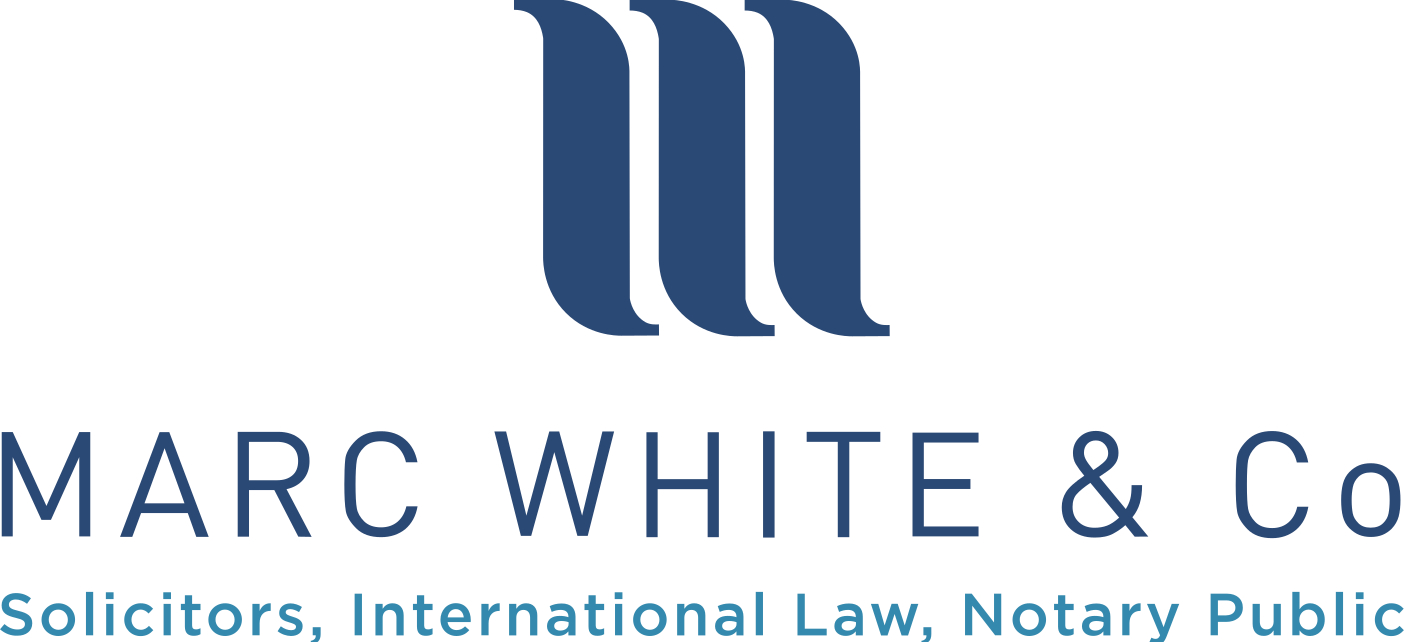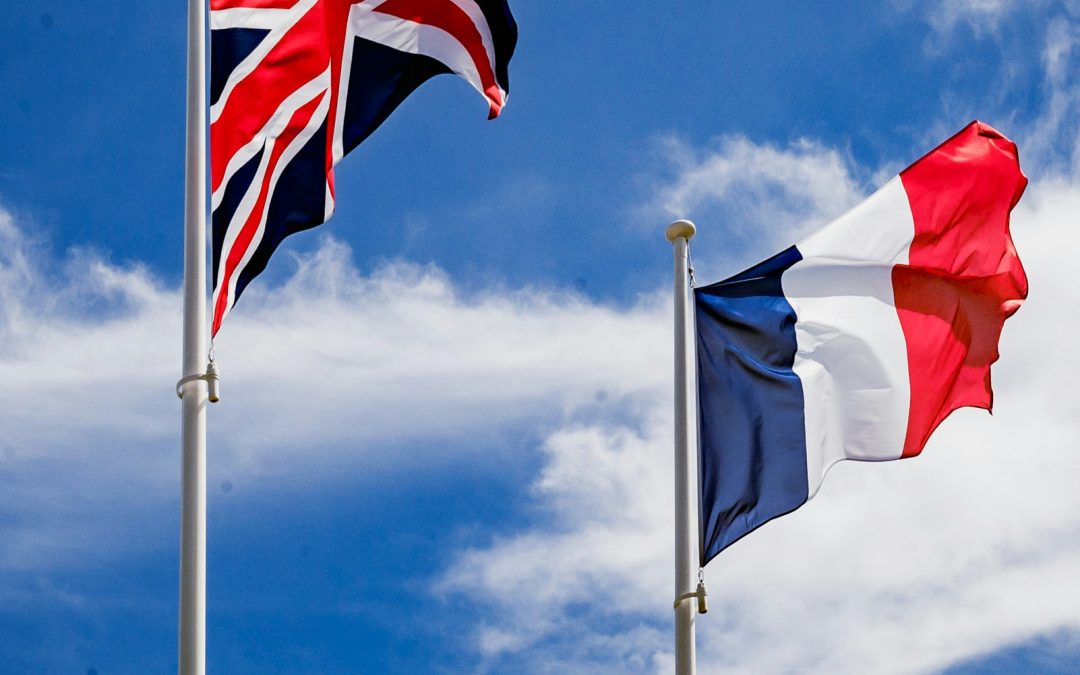When you’re dealing with French property, inheritance, or business matters from the UK, you’ll quickly come across two roles that sound similar but operate very differently: a UK Notary Public and a French Notaire.
Many people assume they do the same job, but in reality, the distinction is significant. Especially if you’re based in the UK and need paperwork accepted in France.
Understanding how these roles differ also explains why a cross-border solicitor is often the missing link that makes everything run smoothly. This guide breaks it down clearly so you can avoid delays, confusion, and costly mistakes.
What Does a UK Notary Public Do?
A Notary Public in England and Wales is a specialist lawyer who verifies, certifies, and prepares documents for use abroad. Their primary role is authentication.
A UK Notary can:
- Certify your identity and witness signatures
- Authenticate documents for use in France
- Prepare notarised powers of attorney
- Produce certified copies for French authorities
- Handle the apostille process when required
- Attest business and company documentation
If you’re searching for French lawyers in the UK, you may actually need to see a Notary first. French authorities won’t accept many UK-signed documents unless they are notarised correctly.
What Does a French Notaire Do?
A French Notaire is not a simple equivalent of a UK Notary. They are a state-appointed legal professional with wide-ranging authority.
A Notaire handles:
- Property purchases and sales
- French wills and succession procedures
- Estate planning and matrimonial regimes
- Deeds, contracts, and official registrations
- Major transactions requiring public authority
They act as a neutral public official and must serve the interests of both parties. Their role is much broader than certifying documents; they draft, execute, and register legally binding deeds.
Put simply:
- A UK Notary authenticates documents.
- A French Notaire executes and finalises the legal act itself.
Where a Cross-Border Solicitor Fits In
This is the element many clients don’t realise they need.
A French Notaire cannot represent just one party, they must remain impartial. And a UK Notary Public cannot advise you on French law. This creates a gap that a cross-border solicitor fills.
A cross-border solicitor can:
- Explain how French law applies to your situation
- Review documents before you sign them with a Notaire
- Communicate with Notaires on your behalf
- Align UK and French legal requirements
- Help you prepare the documents that the Notary will certify
- Protect your interests during French transactions
Their role is especially important for:
- Buying or selling property in France
- Handling inheritance or succession from the UK
- Drafting procurations (French powers of attorney)
- Managing cross-border family arrangements
- Avoiding unintended tax implications
They’re the only professional in the process who can give you personal legal advice.
Do You Need All Three?
In many cross-border matters, yes.
Here’s how the process typically works:
- You consult a cross-border solicitor to understand the French legal requirements and protect your interests.
- A UK Notary Public notarises your signatures or documents so they are valid for use in France.
- A French Notaire completes the legal transaction; such as buying property, drafting a deed, or administering an estate.
Each plays a different role. Together, they ensure your French documents are legally sound, properly executed, and recognised in both countries.
Need More Guidance?
For insights on international documentation, legal updates, and French cross-border matters, explore the latest articles in our blog.
Ready to Move Forward?
If you’re dealing with French property, inheritance, or official documents from the UK, MW Notary can help you coordinate every part of the process, from notarisation to liaising with French Notaires.
Get in touch today to discuss your situation and take the next step with confidence.


